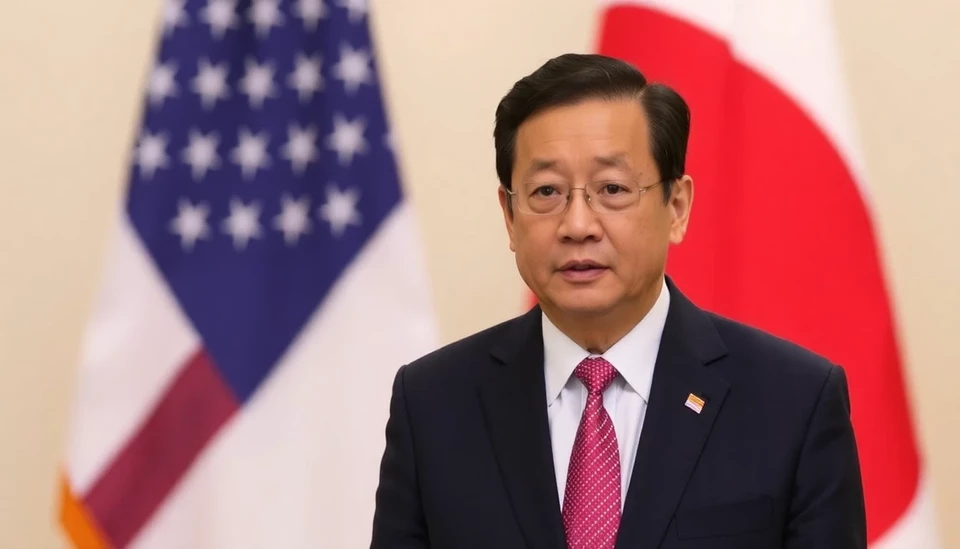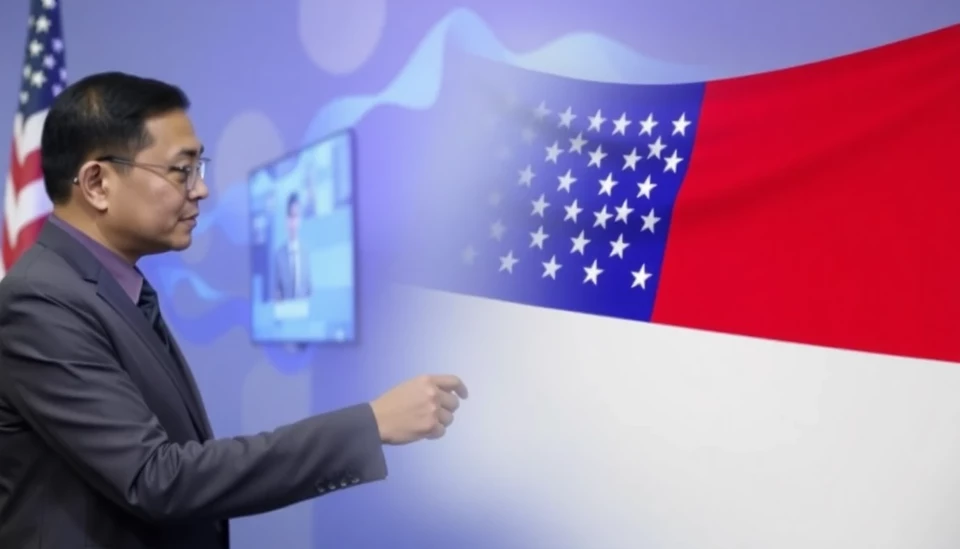
Indonesia's central bank is poised to keep its interest rates steady as it navigates pressures from international trade dynamics, particularly influenced by ongoing discussions surrounding U.S. tariffs under former President Donald Trump’s administration. These developments have raised concerns over the stability of the Indonesian rupiah, which is showing signs of vulnerability in the face of potential economic repercussions.
As the Bank Indonesia heads into its next monetary policy meeting, analysts predict that officials will opt for continuity over change, maintaining the benchmark interest rate at 5.75%. This decision comes amid a backdrop of global inflationary pressures and concerns that shifts in U.S. trade policy could disrupt Indonesia's export-dependent economy.
Market reactions have indicated that uncertainty surrounding the U.S. political landscape and trade agreements could lead to increased volatility in the currency markets. The rupiah, having faced significant depreciation risks, has prompted the central bank to monitor economic indicators closely, as the potential introduction of tariffs could diminish Indonesia's competitive edge in global markets.
In recent months, the Indonesian economy has shown some resilience, with growth projections remaining modest. Analysts attribute this to ongoing domestic consumption, although they remain cautious given the specter of rising import costs tied to tariff hikes and trade uncertainties. The potential for a strained fiscal situation looms if the rupiah continues on its depreciative trend, which might lead to imported inflation worsening the pressure on local consumers.
The central bank has also made it clear that it remains vigilant and ready to act if necessary to safeguard economic stability and the integrity of the currency. Furthermore, it has reiterated its commitment to supporting economic growth through prudent monetary policy while balancing the need to contain inflation.
The ongoing tariff discussions represent a double-edged sword for Indonesia, as while they could pose risks, they also present an opportunity for realignment in Asia-Pacific trade relations. Stakeholders are keenly observing how the market reacts not only to domestic fiscal policies but also to geopolitical developments.
As Indonesia charts its course through this complicated landscape, the impending decisions made by the central bank in response to external pressures will be critical. Investors will be looking for signals that indicate how deeply the geopolitical climate might influence Indonesia’s economic strategies in the near future.
In conclusion, the combination of stable interest rates and a cautious approach to external pressures exemplifies the careful balance Indonesia's central bank seeks to maintain as it strives for sustainable economic health amidst uncertain global trade contexts.
#Indonesia #InterestRates #TariffTalks #Economy #CentralBank #Rupiah #BankIndonesia #TradePolicy
Author: Rachel Greene




